Tag: AI’s Impact Film Production
-
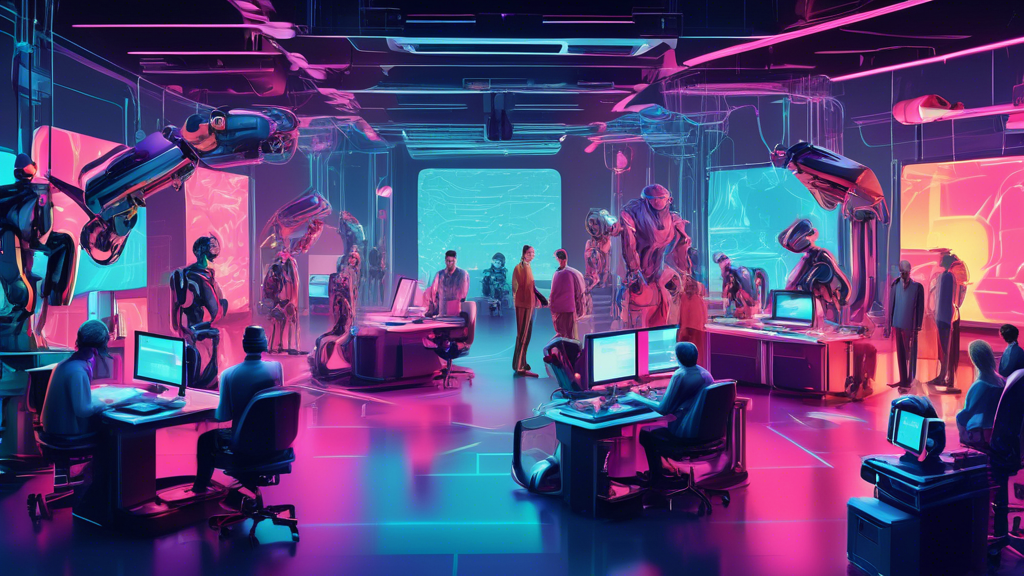
Innovations in Feature Film through Generative AI
Generative AI represents a significant leap forward in the world of feature films, offering tools and capabilities that were once the realm of science fiction. Its impact is already being felt in various stages of film production, enhancing creativity, efficiency, and viewer engagement. As filmmakers continue to explore and integrate these technologies, the landscape of…
-
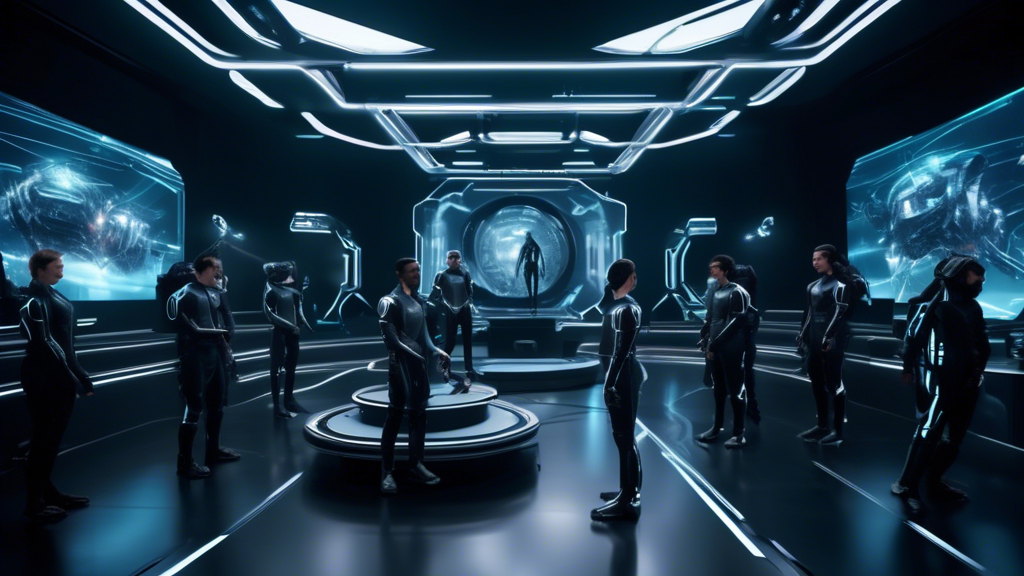
AI’s Influence on Virtual Production Techniques
AI’s influence on virtual production techniques is revolutionizing the entertainment industry, offering new tools and methods that enhance creativity while streamlining the production process. As AI continues to develop, its role in virtual production is set to expand, opening up a vast world of possibilities for filmmakers and content creators. The marriage of AI and…
-
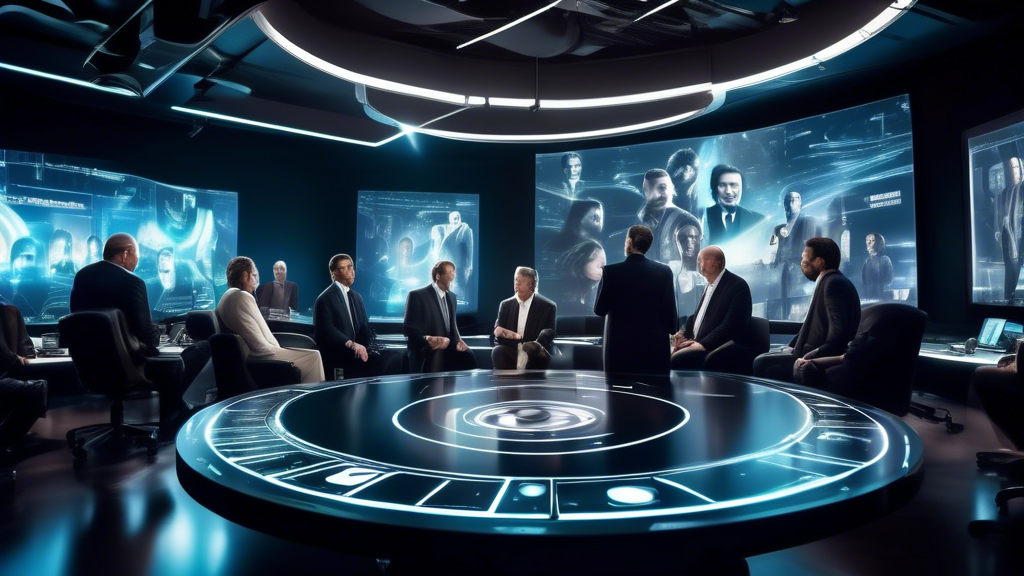
Technology Titans Negotiating with Hollywood for AI Content Licensing
As Hollywood and technology titans continue to negotiate AI content licensing agreements, the entertainment industry stands on the brink of a significant transformation. These negotiations uphold the potential to harness AI’s powerful capabilities while ensuring that the interests of all stakeholders are fairly represented and protected. If successful, these collaborations could not only revolutionize content…
-
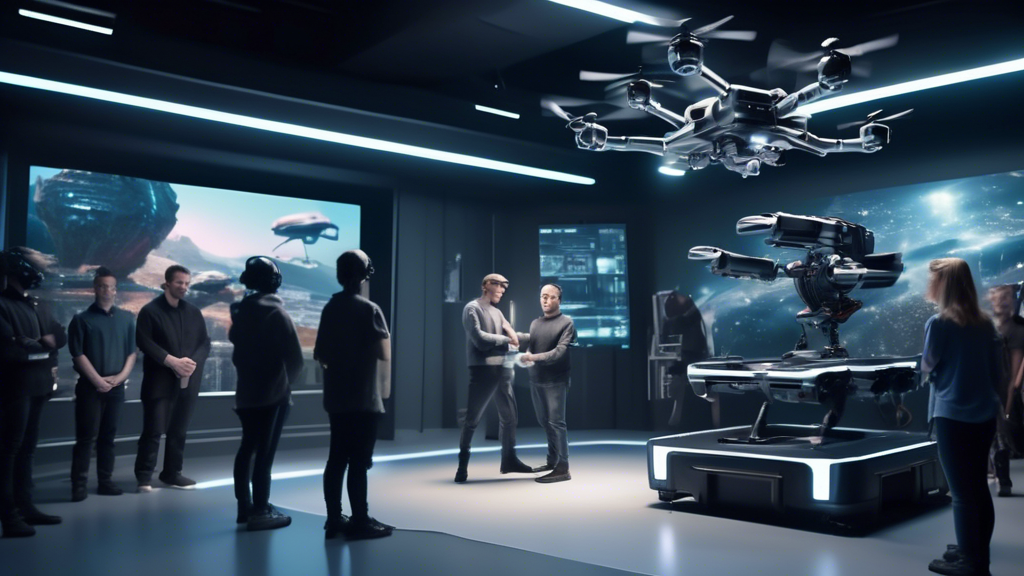
Innovative Applications of AI in Hollywood Production
The integration of AI in Hollywood production is not just a fleeting trend but a profound shift that is here to stay. By automating mundane tasks, providing valuable insights, and enhancing creative capabilities, AI is helping filmmakers push the boundaries of what is possible. As AI technology continues to evolve, its applications in film production…
-
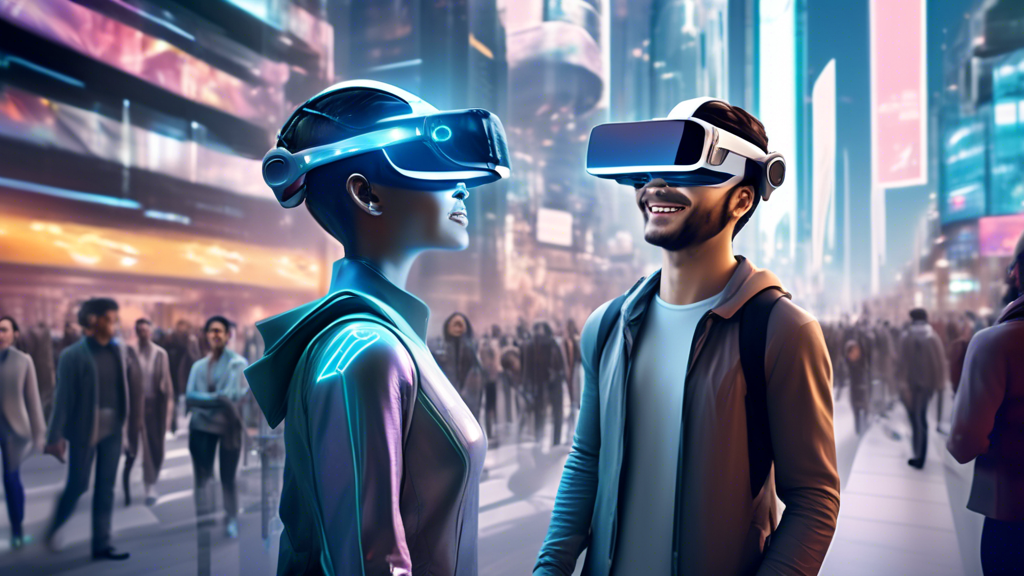
Virtual Humans: The Next Frontier in AI Development
While the development of virtual humans opens exciting possibilities, it also raises important ethical questions. Issues of privacy, consent, and the potential for misuse must be addressed. Ensuring transparency in AI operations and developing robust ethical guidelines will be crucial as this technology continues to evolve.
-
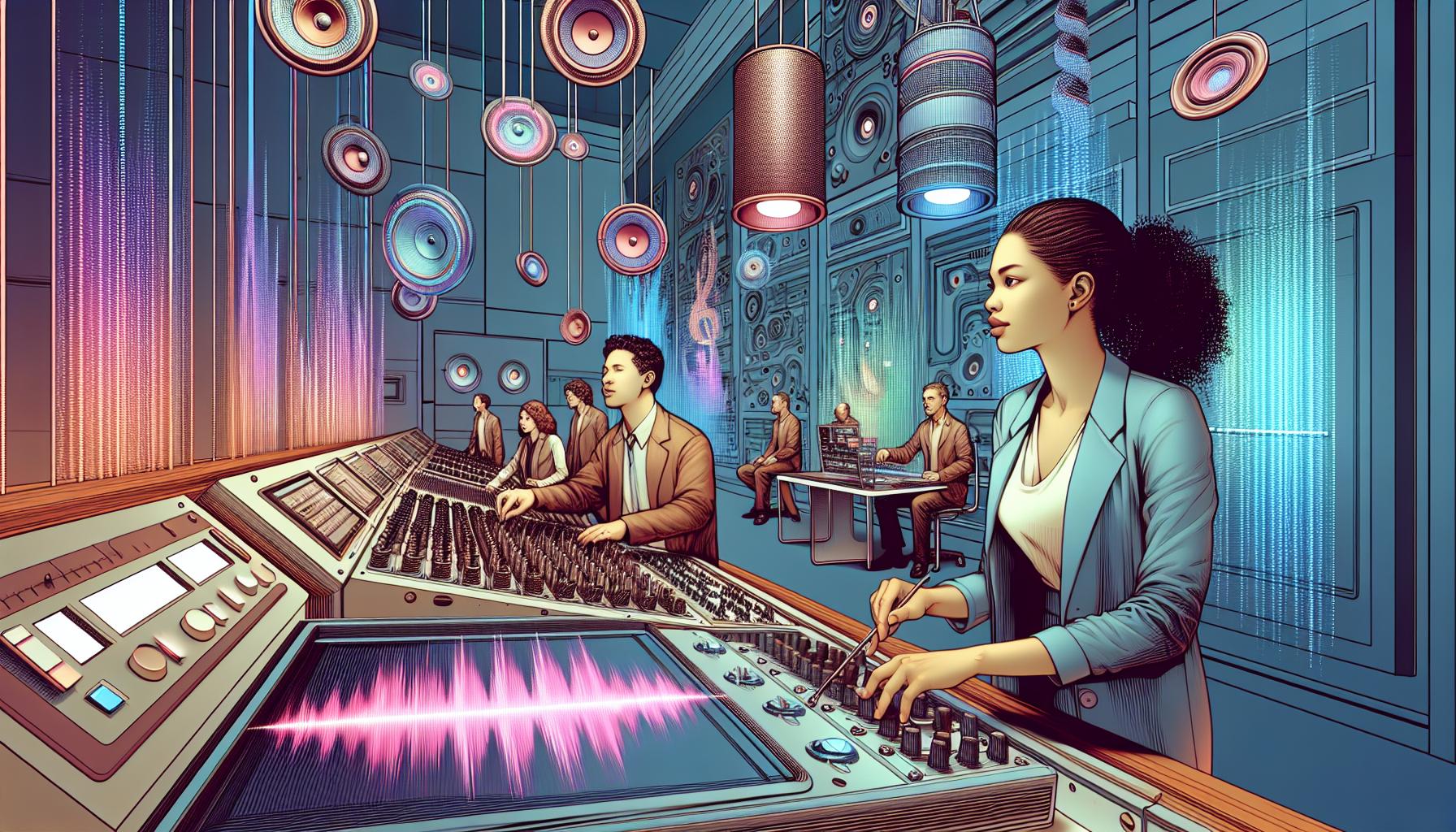
Sound Innovations: Transforming the Future of Audio Technology
The journey of sound innovations extends far beyond the confines of historical milestones and cutting-edge technologies. It is a continuous evolution marked by the relentless pursuit of better, more immersive auditory experiences. From the analog days to the dawn of digital audio, each breakthrough has sculpted the landscape of what we now take for granted…
-
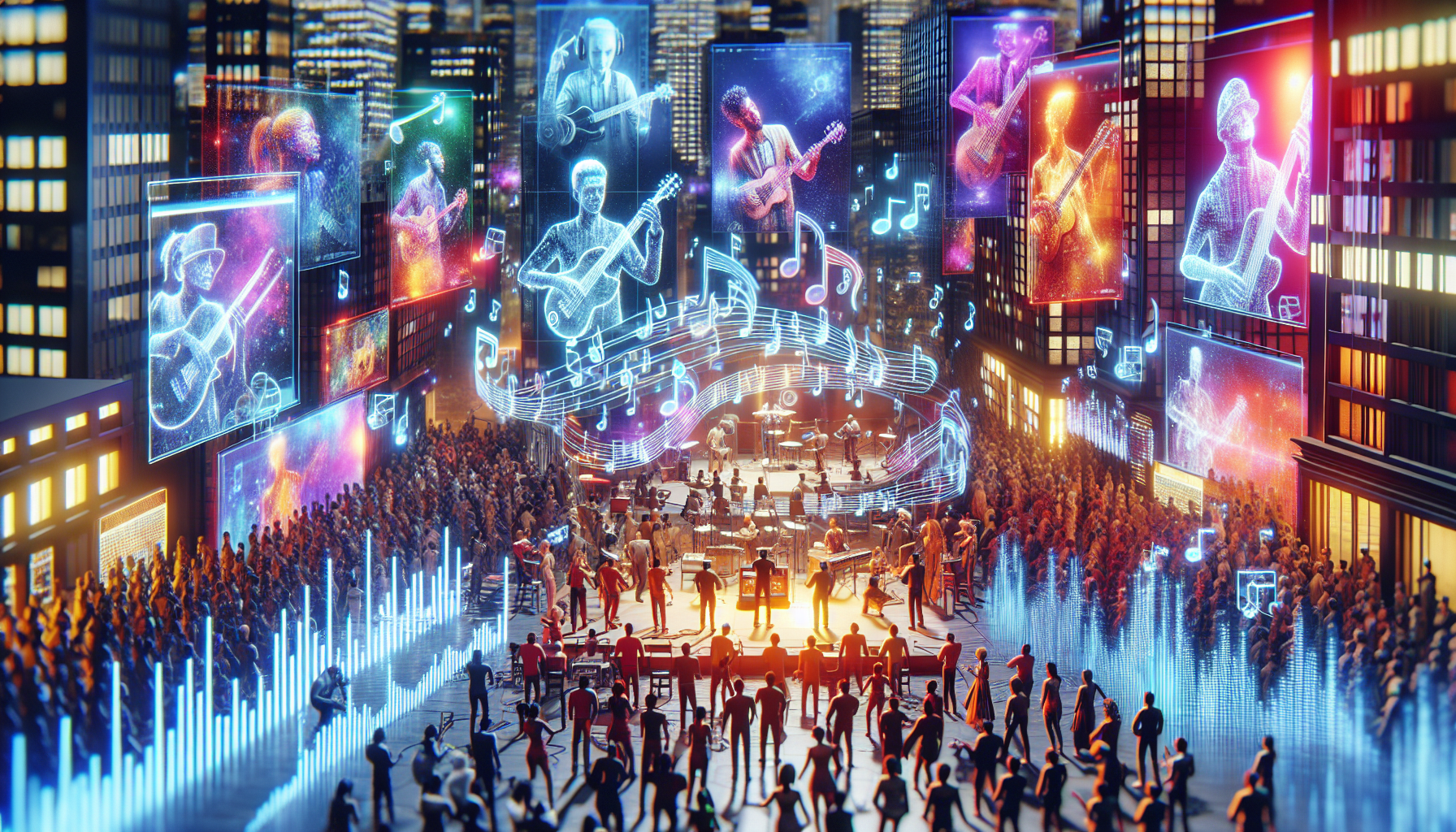
Exploring the Future: Music Innovation in the Digital Age
“Explore the latest in AI-driven music tech, Hollywood transformations, and round-the-clock music industry news on X.”
-
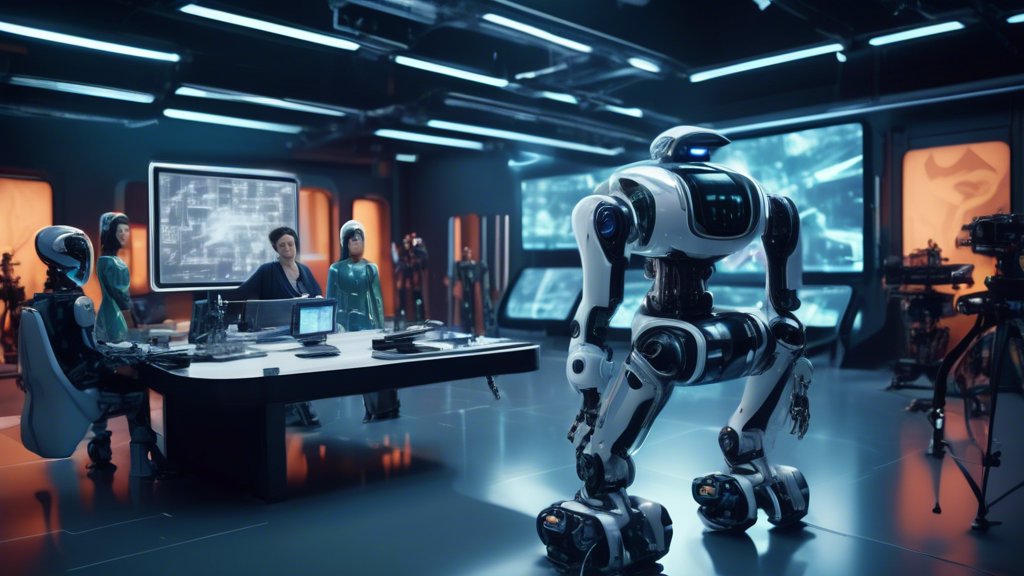
Hollywood’s Subtle Adoption of AI
AI’s adoption in Hollywood is still in its early stages, but its impact is already being felt. As technology continues to advance, AI’s role in the film industry is likely to grow, offering new opportunities for creativity and efficiency. While challenges and ethical considerations remain, the potential benefits of AI in streamlining production, enhancing special…
-
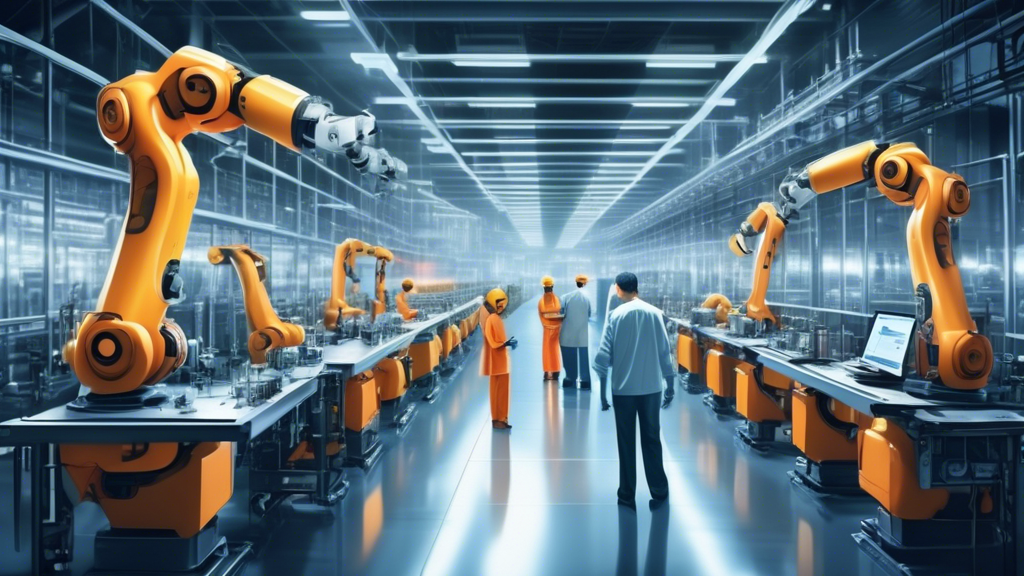
AI Will Not Reduce Production Expenses
The return on investment (ROI) for AI in production is not always straightforward to measure. While AI might enhance efficiency and output quality, quantifying these improvements in terms of cost savings can be complex. Many organizations find it challenging to isolate the direct financial impact of AI from other variables contributing to production costs. Hence,…
-
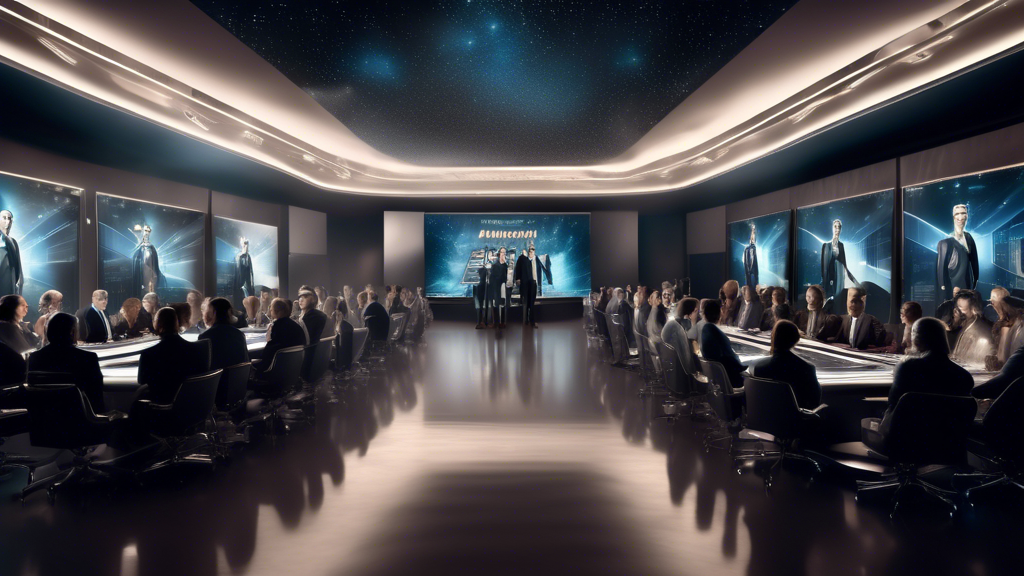
Hollywood Convenes for AI in Cinema
The integration of AI in Hollywood is not without its challenges. Ethical considerations, such as the potential loss of jobs for traditional artists and technicians, are a major concern. Additionally, questions about intellectual property and authorship arise when AI-generated content is involved.
